Time is a bitch. It doesn't wait for you, it doesn't care if you are slacking, and it only seems to help when you are heartbroken — as the saying goes, "only time can mend a broken heart." That said, if you are able to control your time, you are able to control everything in your life.
As a software engineer who works remotely, I appreciate the flexibility that comes with the job.
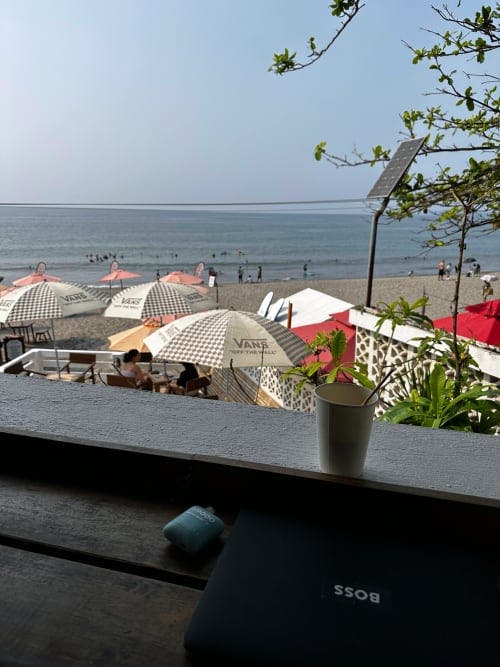
I can manage my own schedule and travel wherever and whenever I want. However, this flexibility also comes with a great responsibility. Without the right tools to manage my time, I wouldn't be good at what I do.
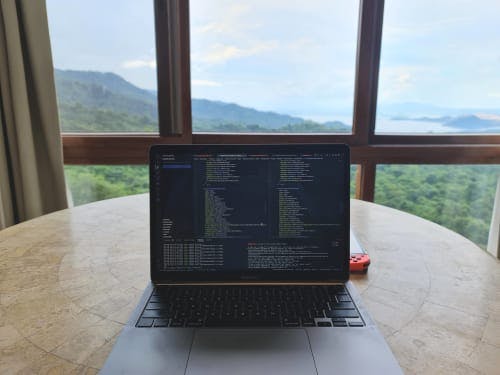
Managing your time is essential if you want to be successful. Here's how I do it.
Building a second-brain
To start, try not to keep everything in your head. As David Allen famously said, "Your mind is for having ideas, not holding them." Therefore, move your thoughts somewhere else.
One excellent resource to explore the topic of building a second brain is the book by Tiago Forte, Building a Second Brain, which provides a comprehensive guide to enhancing your note-taking and organizing skills. This book is highly recommended for busy individuals seeking to improve their productivity and maximize their efficiency. It offers valuable insights and practical tips on how to create a personal knowledge management system that can help you capture and organize your ideas, thoughts, and insights in a more structured and effective manner. Take the time to read it and you will be amazed at how much more you can accomplish with your enhanced information management skills.
Right then, let’s get to the point!
5 Tools I use to manage my schedule and tasks
1. Notion
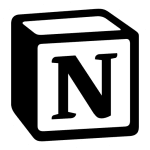
The first productivity tool on our list is Notion. If you're already using Notion, congratulations – you're awesome! If you're not, you should start using it. Notion is a platform that helps you document all the activities you need to be productive.
I've been using Notion for five years for many different things. Currently, I use it to keep track of my blog posts and projects. For blog posts, I have a database where I can track what and when to post. On the projects side, I created a template that generates a new project with its own Kanban board.
2. Apple Notes and Moleskin
![]()
I recently switched back to using Apple Notes for note-taking and implemented the PARA method from the book "Building a Second Brain". After spending around 45 minutes rearranging my notes into their respective categories, I'm loving the new organization.
In addition, I use a physical notebook by Moleskin to take notes during conference calls as a reminder that writing by hand can still be enjoyable. It's nice to switch things up occasionally.
3. Things 3
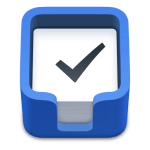
For my to-do list, I use Things 3, which is only available within the Apple ecosystem and is a paid app. Another alternative is Todoist, which I used for the last 4 years before switching to Things 3.
I made the move from Todoist to Things 3 for its minimalism. Managing tasks is much more straightforward in Things 3 than in Todoist.
I use the GTD methodology to write down my todos. Getting Things Done (or GTD for short) is a methodology created by David Allen, who believes in clearing your mind of tasks and placing them somewhere else.
To-dos are never meant to be fun, but they are essential if you want to make the most of your day.
4. Google Calendar
![]()
I use Google Calendar not only to schedule my meetings, but also for time-blocking. Time-blocking is an effective time management method that can help you prioritize tasks and achieve better work-life balance.
In essence, time-blocking involves dividing your day into blocks of time, each dedicated to a specific task or activity. For example, you can have a block from 6-7am to wake up and go for a morning run, 7-8am for breakfast and checking work Slack, 8-10am for important work tasks, 10-11am for a quick break and some stretching exercises, and so on.
By using time-blocking, you can avoid distractions and stay focused on the task at hand, while also ensuring that you have enough time for other important activities such as self-care, exercise, and spending time with loved ones. So why not give it a try and see how it can improve your productivity and overall well-being?
5. Sheets
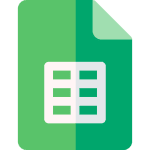
Finally, I use Google Sheets to create my Year in Review sheet. I learned this method from Ali Abdaal, a great entrepreneur! This sheet helps me see the bigger picture, which Google Calendar fails to provide. With it, I can see when I'll be traveling, important events, and more.
Connecting the dots
The tools I use are classified into the following categories:
- Time - Google Calendar & Year In Review
- Document - Apple Notes
- Action - Notion, Things 3
Summary
When it comes to choosing tools to use, it's important to keep in mind that there is no one-size-fits-all solution. The optimal approach for achieving a balance between work and personal life varies depending on the individual's needs and preferences. For instance, some people may prefer to use digital tools, such as productivity apps or online calendars, to keep track of their tasks and schedule. Others might find that a physical planner or sticky notes work better for them.
That being said, it's always helpful to hear about other people's experiences and what works for them. In my case, I have found that my current approach, which involves a combination of digital and physical tools, works well for me. I use a productivity app to manage my tasks and deadlines, but also keep a small notebook with me at all times to jot down ideas and notes.
However, it's important to keep in mind that what works for me might not necessarily work for everyone else. Each person's situation is unique, and it's important to experiment with different tools and approaches to find what works best for you. Nonetheless, I hope that what I've shared can serve as a starting point for those who are still struggling to find the right ecosystem and can add value to your lives.